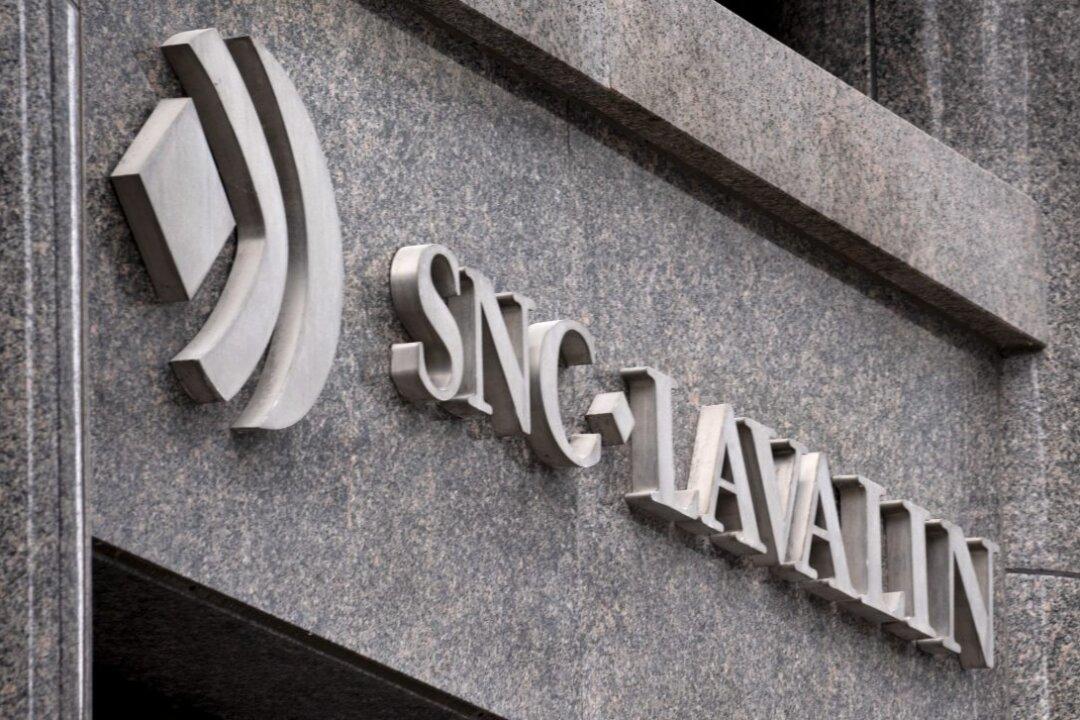The RCMP did not pursue a criminal investigation into Prime Minister Justin Trudeau’s actions during the SNC-Lavalin affair because cabinet foiled their plans to receive confidential materials, say newly released documents by a government watchdog.
According to a series of records released by Democracy Watch on Oct. 16, the RCMP did not apply for a court or search warrant to try and obtain the secret cabinet documents or the internal communications on the electronic devices used by Mr. Trudeau and other cabinet officials.





